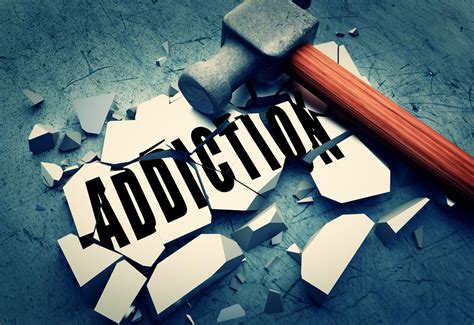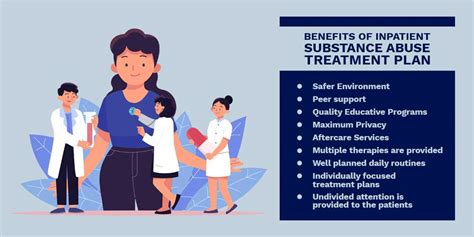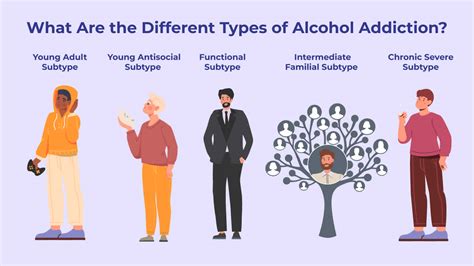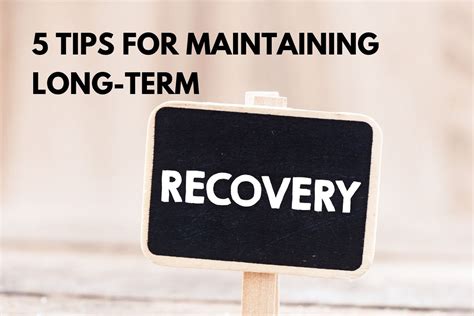Intro
Find comprehensive drug recovery support with expert guidance, counseling, and therapy, promoting sobriety, relapse prevention, and mental wellness, for a successful addiction recovery journey.
The journey to recovery from drug addiction is a long and challenging one, filled with twists and turns that can test an individual's resolve, strength, and willpower. It's a path that requires not only personal determination but also a strong support system to help navigate the complexities of addiction and the recovery process. Drug recovery support is a crucial element in this journey, providing individuals with the necessary tools, resources, and encouragement to overcome their addiction and lead a healthier, more fulfilling life.
For many, the struggle with drug addiction is a deeply personal and often isolating experience. The stigma associated with addiction can make it difficult for individuals to reach out for help, fearing judgment, rejection, or worse. However, it's essential to understand that addiction is a disease, not a moral failing, and that seeking help is a sign of strength, not weakness. Drug recovery support groups, counseling services, and rehabilitation programs are designed to provide a safe, non-judgmental space for individuals to confront their addiction, share their experiences, and learn from others who are going through similar challenges.
The importance of drug recovery support cannot be overstated. It's a vital component of the recovery process, offering individuals a sense of community, connection, and purpose. Through support groups and counseling services, individuals can develop coping strategies, learn how to manage triggers and cravings, and build a support network of peers and mentors who understand the challenges of addiction and recovery. Moreover, drug recovery support can help individuals address underlying issues that may have contributed to their addiction, such as mental health problems, trauma, or relationship issues, and work towards long-term recovery and wellness.
Understanding Drug Addiction

Drug addiction is a complex and multifaceted issue, influenced by a combination of genetic, environmental, and psychological factors. It's characterized by the compulsive use of drugs despite the negative consequences, such as damage to physical and mental health, relationships, and overall well-being. Understanding the nature of drug addiction is essential for developing effective recovery strategies and support systems. It's not just about quitting drugs; it's about addressing the underlying issues that drive addiction and working towards long-term recovery and wellness.
Types of Drug Addiction
There are several types of drug addiction, each with its unique characteristics and challenges. These include: * Opioid addiction, which involves the use of prescription painkillers or heroin * Stimulant addiction, which involves the use of drugs like cocaine or methamphetamine * Cannabis addiction, which involves the use of marijuana * Prescription drug addiction, which involves the misuse of prescription medications like benzodiazepines or sleep aidsBenefits of Drug Recovery Support

The benefits of drug recovery support are numerous and well-documented. Some of the key advantages of seeking support include:
- Improved chances of long-term recovery and sobriety
- Increased sense of community and connection with others who understand the challenges of addiction
- Development of coping strategies and skills to manage triggers and cravings
- Addressing underlying issues that may have contributed to addiction, such as mental health problems or relationship issues
- Improved physical and mental health, including reduced risk of overdose, disease, and other health problems
- Enhanced overall well-being and quality of life
Components of Effective Drug Recovery Support
Effective drug recovery support typically involves a combination of the following components: * Counseling and therapy, including individual, group, and family therapy * Support groups, such as 12-step programs or peer support groups * Medication-assisted treatment, which involves the use of medications to manage withdrawal symptoms or cravings * Behavioral therapies, such as cognitive-behavioral therapy or contingency management * Alternative therapies, such as yoga, meditation, or art therapyTypes of Drug Recovery Support

There are several types of drug recovery support available, each with its unique characteristics and advantages. Some of the most common types of support include:
- Inpatient rehabilitation programs, which provide intensive, residential treatment for addiction
- Outpatient treatment programs, which provide less intensive, non-residential treatment
- Support groups, such as 12-step programs or peer support groups
- Counseling and therapy, including individual, group, and family therapy
- Online support groups and resources, which provide convenient, accessible support for those who cannot attend in-person meetings
Choosing the Right Type of Support
Choosing the right type of drug recovery support depends on several factors, including the individual's specific needs, preferences, and circumstances. Some things to consider when selecting a support program or service include: * Level of care: Does the individual require intensive, residential treatment or less intensive, non-residential treatment? * Type of addiction: Does the individual struggle with a specific type of addiction, such as opioid or stimulant addiction? * Personal preferences: Does the individual prefer a structured, 12-step approach or a more flexible, peer-based approach? * Cost and accessibility: Is the support program or service affordable and accessible, or are there barriers to participation?Overcoming Challenges in Drug Recovery

Recovery from drug addiction is a journey, not a destination, and it's common for individuals to encounter challenges and setbacks along the way. Some of the most common challenges include:
- Managing cravings and triggers
- Dealing with underlying mental health issues or trauma
- Building and maintaining a support network
- Navigating relationships and social situations
- Maintaining motivation and commitment to recovery
Strategies for Overcoming Challenges
There are several strategies that can help individuals overcome challenges in drug recovery, including: * Developing a relapse prevention plan * Building a strong support network of peers, mentors, and loved ones * Practicing self-care and stress management techniques, such as meditation or yoga * Engaging in activities and hobbies that bring joy and fulfillment * Seeking professional help and guidance when neededMaintaining Long-Term Recovery

Maintaining long-term recovery from drug addiction requires ongoing effort, commitment, and support. Some strategies for maintaining long-term recovery include:
- Continuing to attend support groups and therapy sessions
- Practicing self-care and stress management techniques
- Building and maintaining a strong support network
- Engaging in activities and hobbies that bring joy and fulfillment
- Staying connected with peers and mentors who understand the challenges of addiction and recovery
Importance of Ongoing Support
Ongoing support is essential for maintaining long-term recovery from drug addiction. It provides individuals with the necessary tools, resources, and encouragement to navigate the challenges of recovery and stay on track. Some benefits of ongoing support include: * Improved chances of long-term recovery and sobriety * Increased sense of community and connection with others who understand the challenges of addiction * Development of coping strategies and skills to manage triggers and cravings * Addressing underlying issues that may have contributed to addiction, such as mental health problems or relationship issuesWhat is drug recovery support?
+Drug recovery support refers to the various resources, services, and programs available to help individuals overcome drug addiction and maintain long-term recovery.
Why is drug recovery support important?
+Drug recovery support is essential for helping individuals overcome the challenges of addiction and maintain long-term recovery. It provides a sense of community, connection, and purpose, as well as the necessary tools and resources to manage triggers and cravings.
What types of drug recovery support are available?
+There are several types of drug recovery support available, including inpatient rehabilitation programs, outpatient treatment programs, support groups, counseling and therapy, and online resources.
As we conclude our discussion on drug recovery support, we encourage you to take the first step towards seeking help and support. Whether you're struggling with addiction yourself or know someone who is, there are resources available to help. Don't be afraid to reach out and ask for help – it's a sign of strength, not weakness. Share this article with others who may be struggling, and let's work together to build a community of support and understanding. Remember, recovery is possible, and with the right support and resources, anyone can overcome the challenges of addiction and lead a healthier, more fulfilling life.
